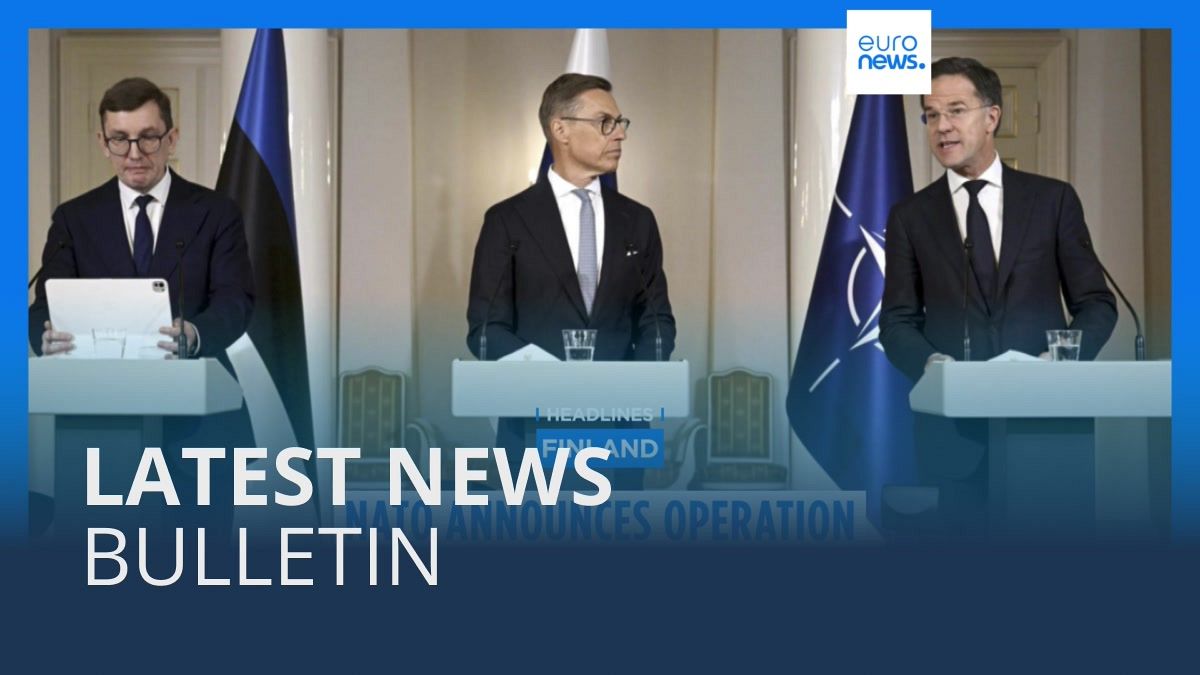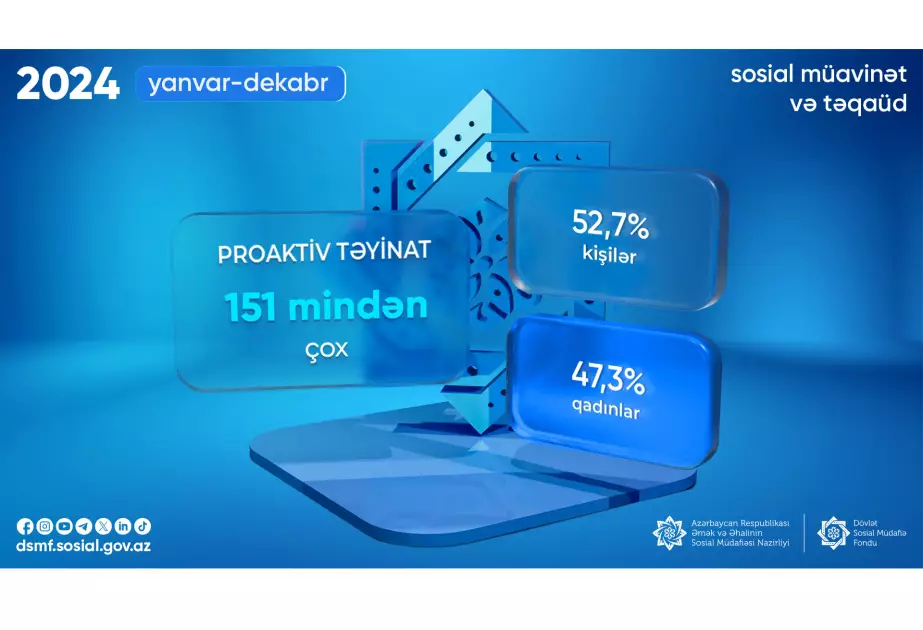In a last-minute drama, Poland on Thursday (15 December) held up the EU’s adoption of a global minimum corporate tax for large companies, which meant the joint EU aid to Ukraine was stalled too.
The tax deal was part of a package, including joint aid to Ukraine, which Hungary had blocked until Monday in the hopes of reducing financial sanctions over rule of law issues. The package also included the sanctions decision on Hungary and the approval of its pandemic recovery plan.
On Monday, EU ambassadors agreed on the package, but the formal adoption had to go through written procedure in which capitals were supposed to sign off the deal by Wednesday, but the deadline was several times extended.
Poland blocked the global minimum tax deal in a last-minute dramatic turn, objecting that it was politically linked to Ukraine aid.
“This is a kind of blackmail, which is done by some countries and they are trying to link such topics that are completely separate,” Polish prime minister Mateusz Morawiecki said when arriving to the EU summit.
During the EU leaders’ meeting, Morawiecki dropped his objections and agreed to the deal.
Poland had reservations about the global minimum tax months before, when it blocked it to put pressure on the EU Commission to approve its pandemic recovery spending plan, which was held up because of an ongoing rule of law dispute.
However, this time it was unclear what caused the objection, and Warsaw did not publicly state the reasons for blocking the package.
EU diplomats speculated that Poland might have wanted to put pressure on other member states to strengthen the ninth package of sanctions against Russia, while it also had internal political reasons to make a stand.
Morawiecki’s government is also entangled in negations with the EU Commission over its pandemic recovery fund: the executive approved Warsaw’s spending plan, but has not disbursed money over rule of law concerns.
On Tuesday, a draft law was presented to the parliament which would implement a judicial reform that the commission has long asked for.
Justice minister Zbigniew Ziobro, who is responsible for the judicial overhaul to which the EU objected, is the political rival to Morawiecki.
Ziobro has criticised the compromises with the commission as “blackmail.”
Morawiecki might have wanted to show that he is not compromising on everything with the EU, and used the hold-up as a political tactic.
Ziobro leads the far-right junior coalition partner, United Poland, which Morawiecki needs for his thin parliamentary majority.
Poland’s general elections are only 10 months away, and rivalry is expected to get more intense.
Ziobro himself survived a confidence vote called by the opposition arguing that he poses a threat to Poland’s democratic values, its EU funding and ultimately its EU membership itself.
The 15 percent global minimum corporate tax was agreed by 140 countries last year to prevent large international companies from shifting profits around the globe to cut their tax bill.
It applies to firms with an annual turnover of at least €750m and every EU country will now have to adopt it into national law by the end of 2023.




















Discussion about this post